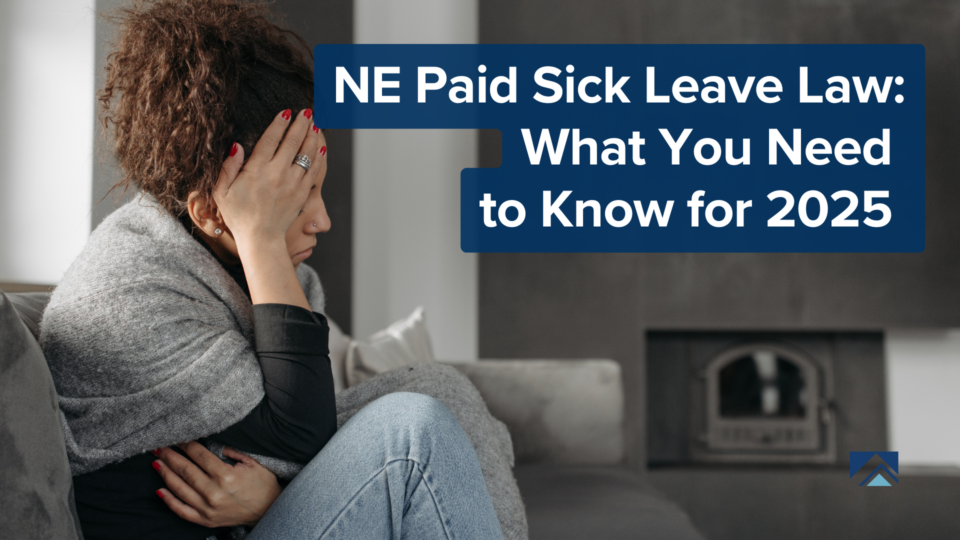Employers sponsoring group health plans have some flexibility when deciding which groups of employees and dependents will be eligible for coverage. However, there are several crucial eligibility requirements employers should adhere to for health coverage.
Do’s
- Follow the terms of the health plan’s written plan document
- Offer affordable coverage to full-time employees
- Make coverage available for adult children up to age 26
- Continue to offer Medicare-eligible employees when the health plan is the primary payer
Don’ts
- Offer coverage to nonemployees
- Impose waiting periods that exceed 90 days
- Overlook applicable nondiscrimination requirements when establishing eligibility rules
- Exclude employees from coverage based on health status-related factors

Eligibility Do’s
1. Follow the Terms of the Plan Document
Following the written plan document in the day-to-day operations of the plan is a fiduciary duty under ERISA. Employers should be familiar with their written plan document and periodically review the document to make sure it remains current.
2. Offer Affordable Coverage to Full-time Employees (ALEs Only)
The Affordable Care Act (ACA) requires ALEs to offer affordable, minimum-value health coverage to their full-time employees (and dependents) or potentially pay a penalty to the IRS. Identifying which employees are full-time employees is central to the ACA’s pay-or-play rules.
3. Offer Coverage for Adult Children up to Age 26
The ACA requires health plans that provide dependent for children to make the coverage available for adult children until they reach age 26. A health plan may not deny or restrict coverage for a child who is under age 26 based on whether the child is financially dependent on the participant, resides with the employee or with any other person, is a student, is employed, is unmarried, or any combination of these factors.
4. Continue to Cover Medicare-eligible Employees
The Medicare Secondary Payer (MSP) rules include requirements for employers that sponsor group health plans that are primary to Medicare. When an employer’s group health plan is the primary payer, Medicare-eligible employees and spouses cannot be excluded from plan coverage or discouraged from enrolling in coverage.
Eligibility Don’ts
1. Offer Coverage to Nonemployees
Offering health coverage to nonemployees may inadvertently create a multiple employer welfare arrangement (MEWA).Also, offering health coverage to independent contractors may undermine an employer’s classification of these workers as nonemployees. Misclassification can have serious financial and legal consequences for an employer.
2. Impose a Waiting Period Exceeding 90 Days
The ACA prohibits group health plans from applying any waiting period that exceeds 90 days. A waiting period is the period that must pass before coverage becomes effective for an individual who is otherwise eligible to enroll under the terms of the group health plan.
3. Overlook Nondiscrimination Requirements
Federal tax law imposes nondiscrimination requirements on certain types of employee benefits to ensure employers do not impermissibly favor their highly compensated employees. In general, a health plan will not have problems passing any applicable nondiscrimination test when the employer treats all its employees the same for purposes of health plan coverage.
4. Exclude Employees Based on Health Factors
The Health Insurance Portability and Accountability Act (HIPAA) prohibits group health plans from discriminating against individuals regarding eligibility, premiums, or coverage based upon a health status-related factor.




